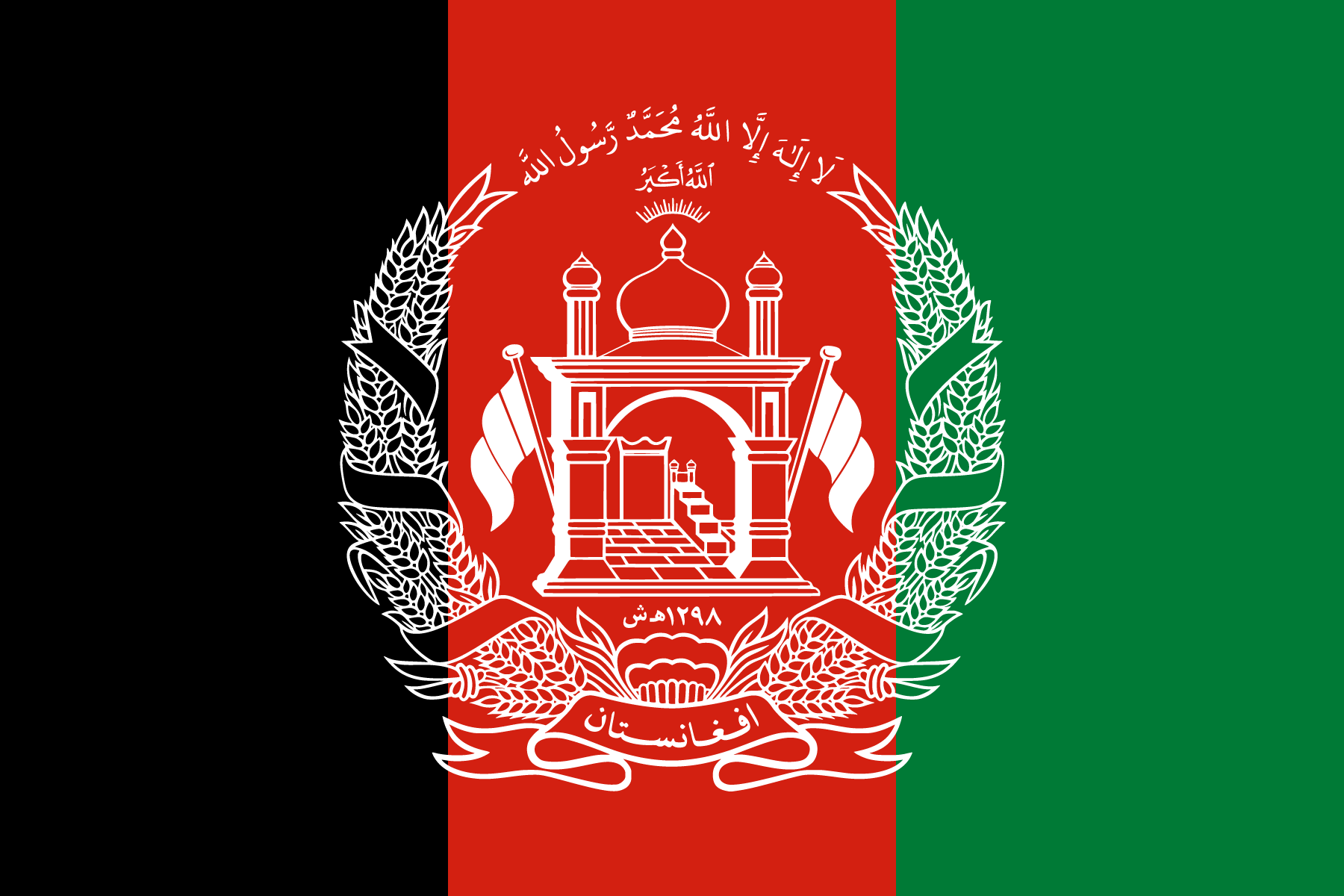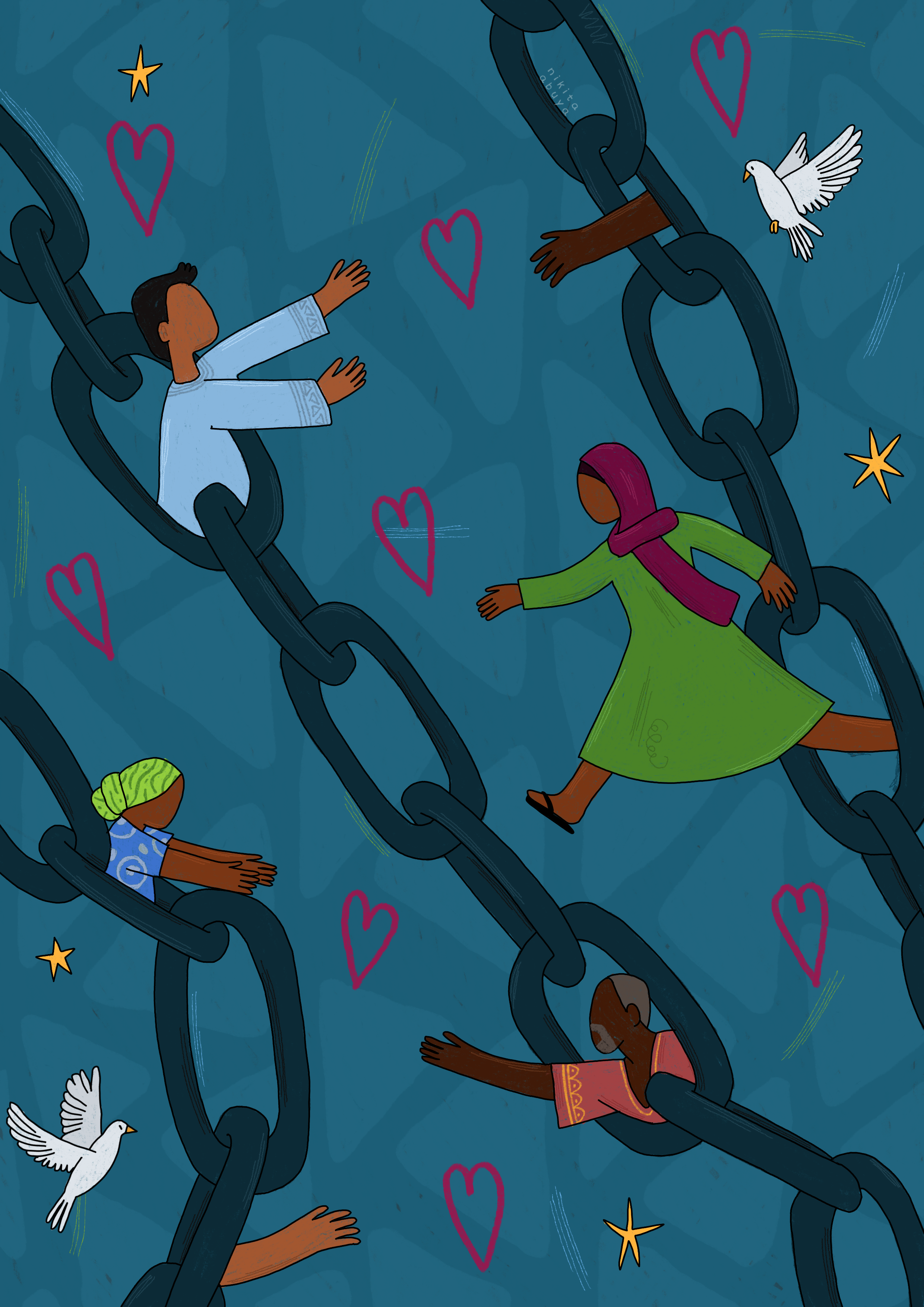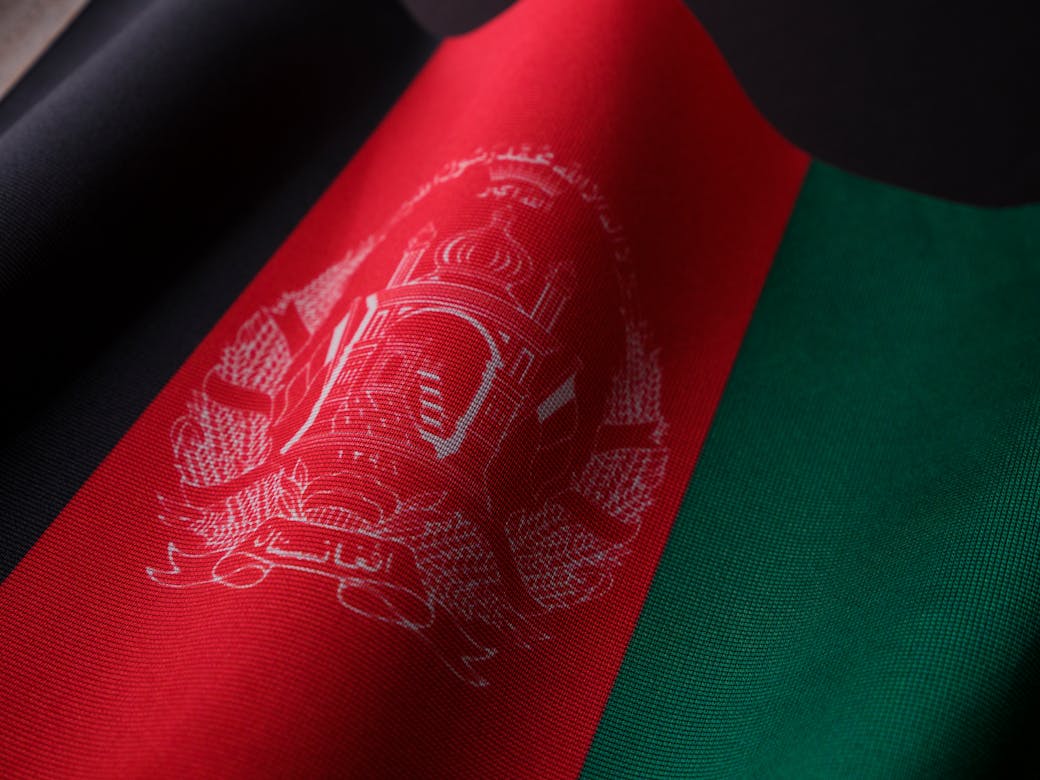The submission highlights that ‘[In Afghanistan], the institutionalised gender-based discrimination, segregation and oppression, stemming, inter alia, from relentless misogynistic edicts and restrictions issued by the Taliban as well as their policies and practices, have resulted in the severe marginalisation and exclusion of women and girls in all their diversity, similar to apartheid on racial grounds in South Africa.’
The submission makes clear that employing an apartheid framework implicates not only the Taliban, but also all States and international actors that interact with them. Applying this framing puts pressure on governments, international organisations, and transnational corporations to avoid engaging with the Taliban in ways that show tolerance for, are complicit in and help perpetuate grave abuses and the current illegal situation.
The submission points out a wholescale erasure of women and girls in all spheres of life through restrictions and edicts, which violate the rights to:
Education: through a ban on all forms of education for girls beyond grade 6;
Freedom of movement: for example, through a requirement that women travel with a mahram (or male chaperone) for long-distance journeys, which includes a ban on women from boarding domestic and international flights without a mahram; and a decree stipulating that women should stay at home unless necessary;
Employment: for example, by banning women from working for national and international non-governmental organisations; banning Afghan women from working in the United Nations in Afghanistan; directing women civil servants to stay at home, except where they cannot be replaced by male colleagues in the health, education, and security sectors;
Take part in public and cultural life: by banning access of women to public baths, gyms, sports clubs, beauty salons and amusement parks;
Be free from violence: through the Taliban’s dissolution of the institutional framework of support for survivors of gender-based violence that was established by the 2009 Elimination of Violence against Women Law.
In light of this serious situation, ISHR and WILPF urge States to use the UPR of Afghanistan to:
- Denounce the ongoing gender persecution and gender apartheid in Afghanistan. The institutionalised gender-based discrimination, segregation and oppression imposed by the Taliban in Afghanistan must be recognised and explicitly named for what it clearly is: gender apartheid. And there must be consequences, based on precedent from apartheid on racial grounds in South Africa.
- Call on the Taliban to rescind immediately all their misogynistic restrictions and edicts that discriminate against, dehumanise and segregate women and girls in many aspects of public and private life, and to comply with all recommendations they have received from UN human rights experts, the UN High Commissioner for Human Rights and other relevant actors. The Taliban’s relentless and blatant disregard of Afghanistan’s human rights obligations must not be tolerated.
Read the full submission





